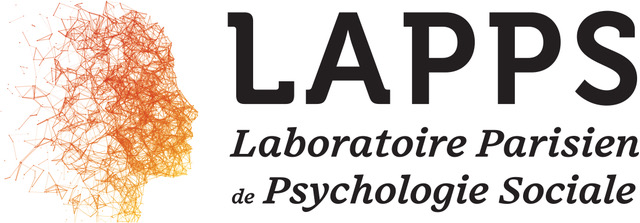Version française / Acutalité du LAPPS - colloques, manifestations scientifiques...
- Recherche - CLM,
L. Bottein & J. Grezes (LNC2, ENS Paris). Intersectional Bias in First Impressions of Competence

First impressions based on facial features form rapidly, spontaneously, and often outside conscious awareness. Although they are poor indicators of actual traits, such impressions influence high-stakes outcomes such as hiring and sentencing. Prior research documents biases against women and Black individuals in perceived competence, yet little is known about the cognitive mechanisms underlying these biases or how they affect individuals at the intersection of multiple minority identities, such as Black women. Across three interconnected lines of work, we examined these gaps.
le 24 novembre 2025
SAINT-DENIS
Espace Deleuze (Bat. A)
Intersectional Bias in First Impressions of Competence
Lucile Bottein & Julie Grezes
(LNC2, ENS Paris)
First impressions based on facial features form rapidly, spontaneously, and
often outside conscious awareness. Although they are poor indicators of actual
traits, such impressions influence high-stakes outcomes such as hiring and
sentencing. Prior research documents biases against women and Black
individuals in perceived competence, yet little is known about the cognitive
mechanisms underlying these biases or how they affect individuals at the
intersection of multiple minority identities, such as Black women. Across three
interconnected lines of work, we examined these gaps. In the first series of
online studies, participants judged the competence of Black and White male
avatars. A temporary pro-Black bias emerged but declined over time,
suggesting the effortful use of cognitive control. In the second series,
participants evaluated the competence of Black and White, male and female
faces. Results revealed a pro-minority bias toward White women and Black
men—but not Black women—explained by participants’ motivation and ability to
regulate bias. In a final in-person study, we examined the robustness of prominority
bias regulation under acute anxiety using our team'’s “threat of scream”
paradigm. We found a small but significant effect whereby White men were
rated as more competent when participants were anxious, indicating that stress
weakens cognitive control over bias. We discuss these findings in terms of their
theoretical significance and potential interventional implications.
Mis à jour le 19 novembre 2025

